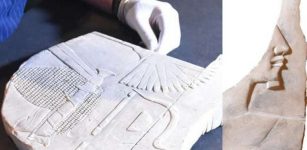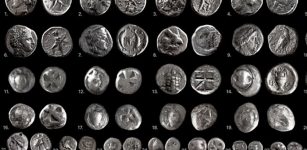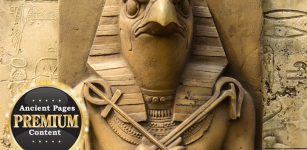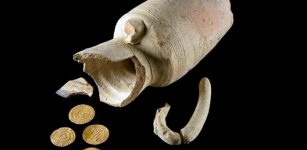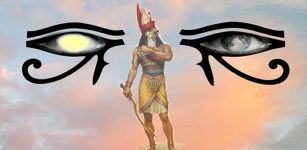Knowledge Of Ancient Medicine Hidden In Undeciphered Egyptian Manuscripts
AncientPages.com - Many secrets are still hidden in the ancient Egyptian papyrus manuscripts devoted to medical sciences.
An international team of researchers are now translating the previously unexplored texts, which contain new and exciting insights into Ancient Egypt.
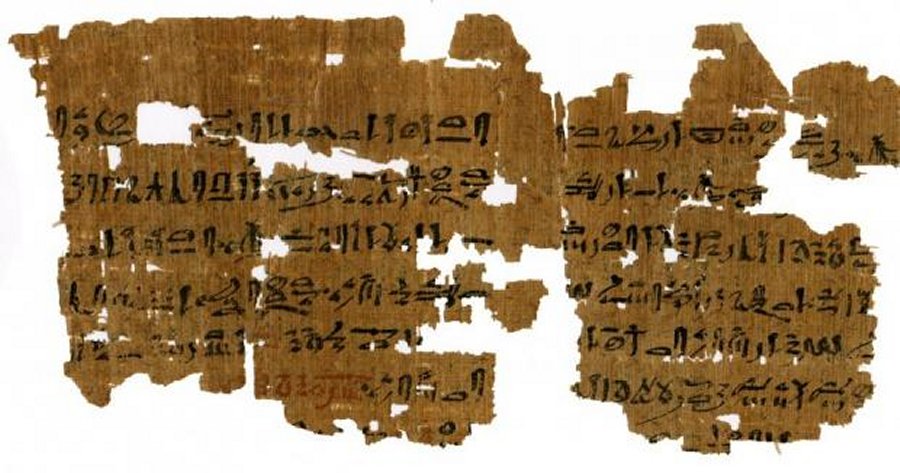
Instructions for a 3,500-year-old pregnancy test. (Photo: Carlsberg Papyrus Collection / University of Copenhagen)
“A large part of the texts are still unpublished. Texts about medicine, botany, astronomy, astrology, and other sciences practiced in Ancient Egypt,” says Egyptologist Kim Ryholt, Head of the Carlsberg Papyrus Collection at the University of Copenhagen, Denmark.
The Egyptians knew about kidneys
In one of the texts, there is evidence that Ancient Egyptians knew about the existence of kidneys.
“It’s the oldest known medical text to discuss the kidneys. Until now, some researchers thought that the Egyptians didn’t know about kidneys, but in this text we can clearly see that they did,” says PhD student Amber Jacob from the Institute for the Study of The Ancient World at New York University, USA
Her research focuses on the medical texts from the Tebtunis temple library, which existed long before the famous Library of Alexandria, up until 200 BCE.
The unpublished manuscripts provide a unique insight to the history of science and even to astrology, of which knowledge was once important for predicting the future and it was considered a very central science,” Ryholt says.
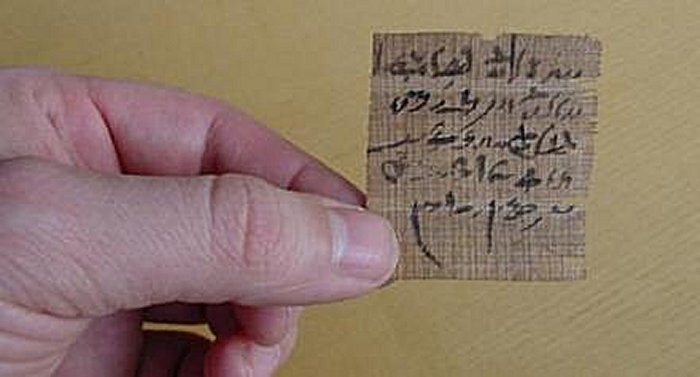
This little piece of papyrus is believed to contain a type of oracle question. The author has written two possible outcomes for a situation and asked the gods to indicate which one was the truth. (Photo: The Papyrus Carlsberg Collection/ University of Copenhagen)
Astrology was their way of avoiding going to war on a bad day, such as when the celestial bodies were aligned in a particular configuration.
Egyptians' contribution to science
The history of science did not start with the Greek and Roman knowledge on the subject but “goes further back to ancient Egypt, where medical texts were written 3,500 years ago when there was no written material on the European continent,” according to Ryholt.
Papyrus text discovered in Germany
“The text says that a pregnant woman should pee into a bag of barley and a bag of wheat. Depending on which bag sprouts first reveals the sex of her child. And if neither of the bags sprout then she wasn’t pregnant,” says Sofie Schiødt from the University of Copenhagen, who have analyzed one 3,500-year-old text that describes unusual treatments for eye diseases and the other side of the manuscript, describes the Ancient Egyptian equivalent of a pregnancy test and scan.
Her research reveals that the ideas recorded in the Egyptian medical texts spread far beyond the African continent.
“Many of the ideas in the medical texts from Ancient Egypt appear again in later Greek and Roman texts. From here, they spread further to the medieval medical texts in the Middle East, and you can find traces all the way up to premodern medicine,” Schiødt says.
The same pregnancy test used by Egyptians is referred to in a collection of German folklore from 1699.
“That really puts things into perspective, as it shows that the Egyptian ideas have left traces thousands of years later.”
More in original story
AncientPages.com


